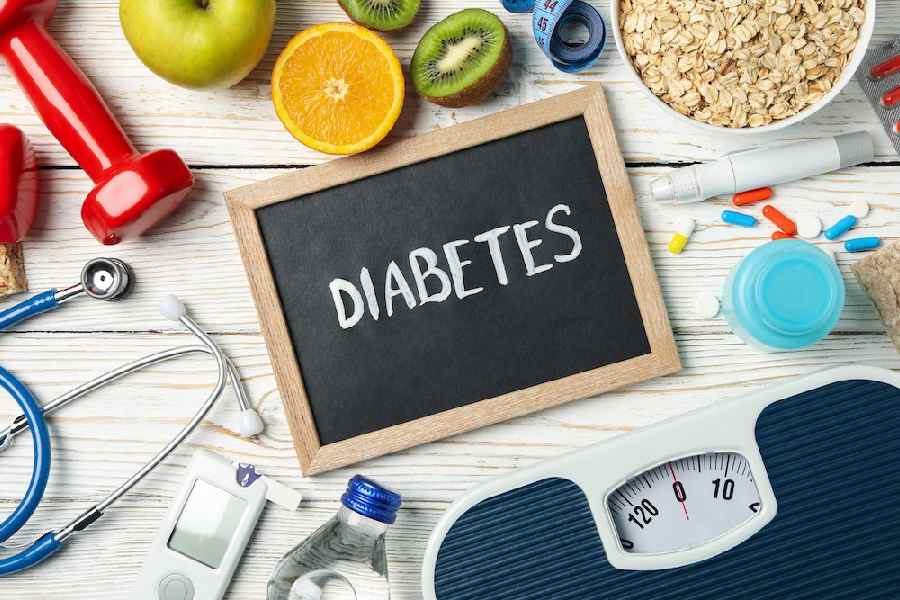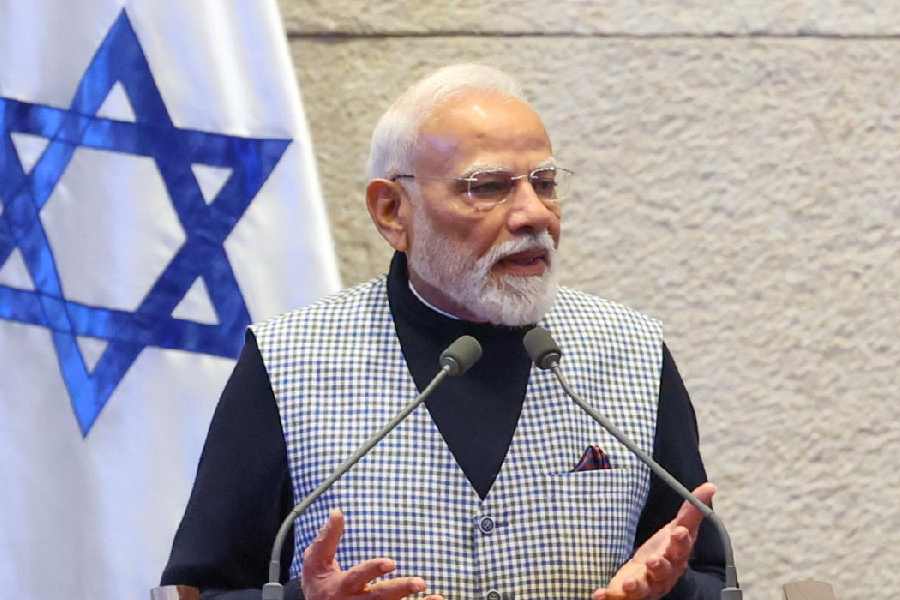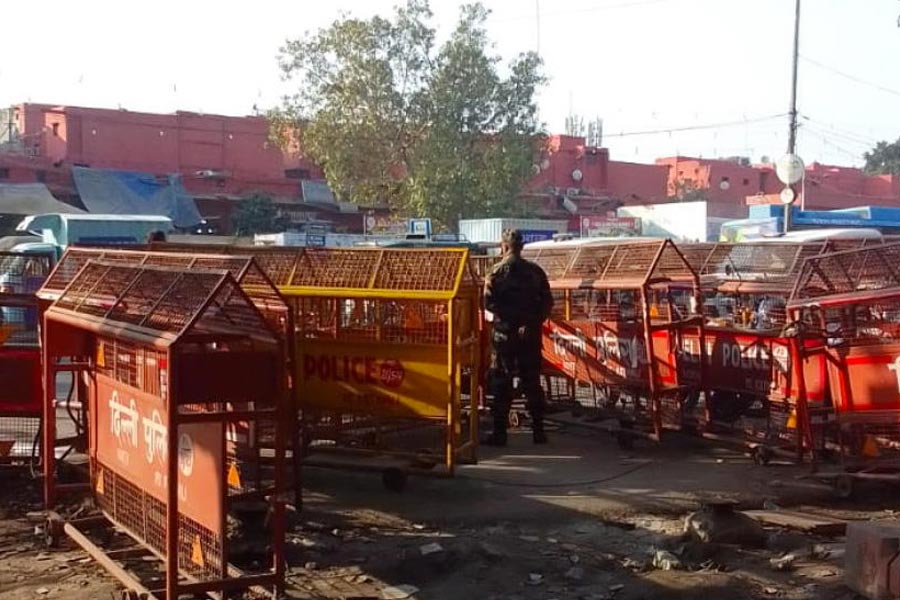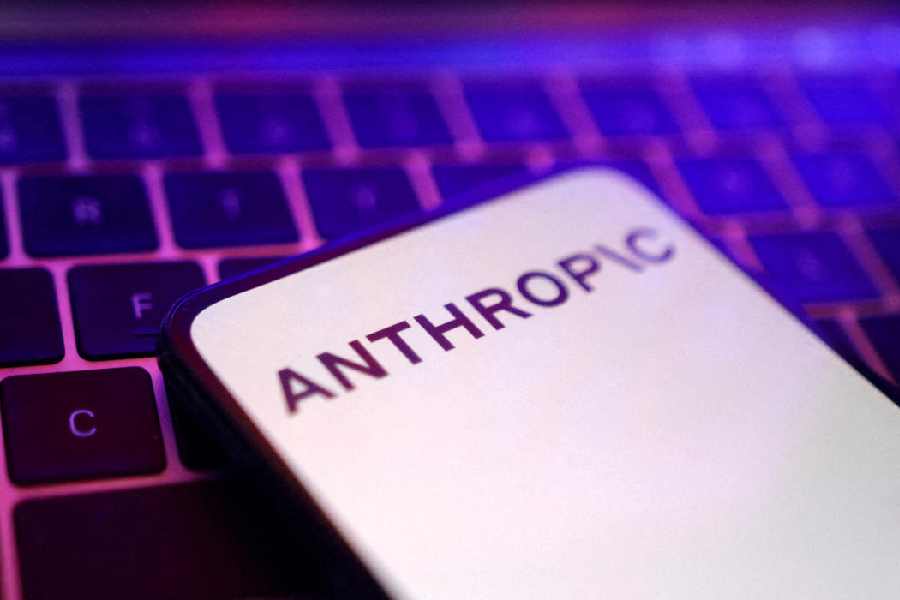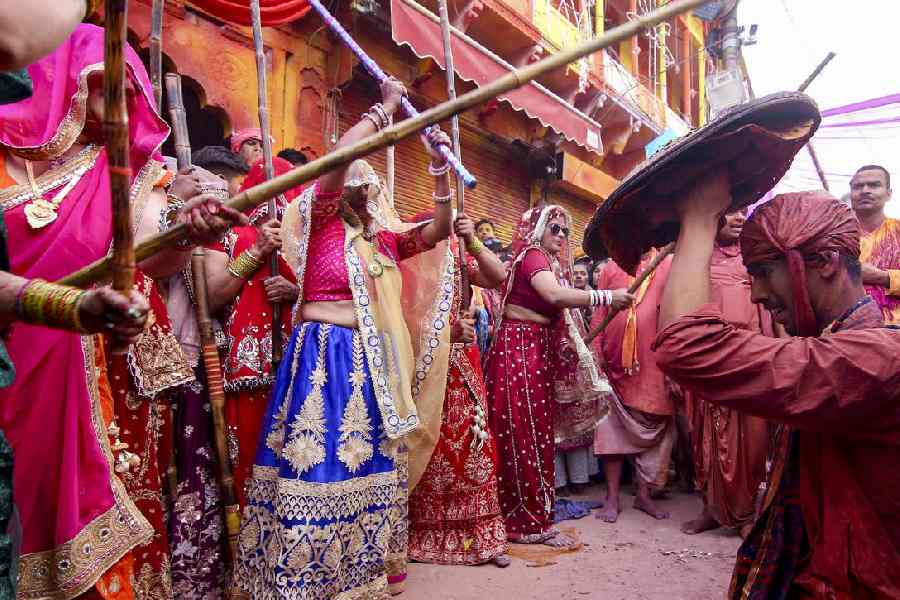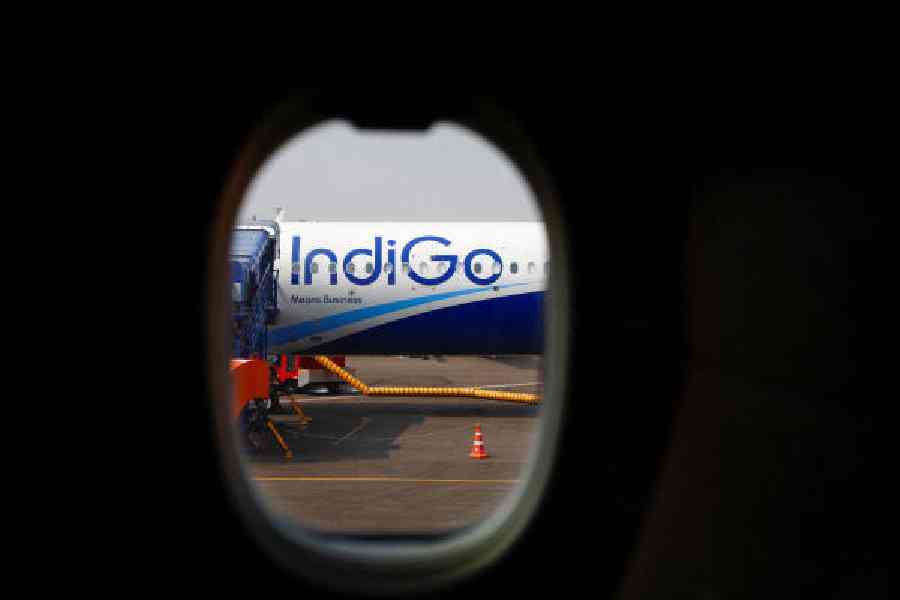Doctors emphasised at an endocrinology conference on Friday that early identification of children with type 1 diabetes is crucial, and ASHA workers can play a key role in this effort.
A doctor proposed that Accredited Social Health Activists (ASHA) visiting households be asked to enquire if the family has any child with diabetes. This information can help identify children with type 1 diabetes.
Type 1 diabetes (previously known as insulin-dependent, juvenile or childhood-onset) is characterised by deficient insulin production and requires daily administration of insulin, the World Health Organisation says.
ASHA workers visit homes to inform families about nutritional aspects, hygiene, and they also counsel pregnant women. They carry with them a list of questions.
Sujoy Ghosh, a professor of endocrinology and metabolism at SSKM Hospital, said that if ASHA workers were asked to enquire about signs and symptoms of diabetes among children, more of them can be identified early for treatment. "It can make a huge difference in the long term," Ghosh said.
Swapan Soren, the state's director of health services, said the non-communicable diseases section of the state health department will consider the proposal.
Ghosh said: "The child needs to take insulin shots four times a day. It is extremely urgent to identify children with type 1 diabetes early and start the treatment."
With help from the state health department, Ghosh launched a programme to treat children with type 1 diabetes in five districts of Bengal in 2021. The programme has now been expanded to 15 government hospitals in fifteen districts.
"The project is going ahead with the support of the state government primarily, but we have also received support from the Centre, Unicef and some other organisations," Ghosh said at the annual conference of the Endocrine Society of India.
"About 1,500 children are receiving free treatment under the programme. Some of the families that were spending as much as ₹3,500 a month before the programme was launched, now spend only ₹412 a month," Ghosh said.
Soren said the patients were receiving free insulin in government hospitals.

